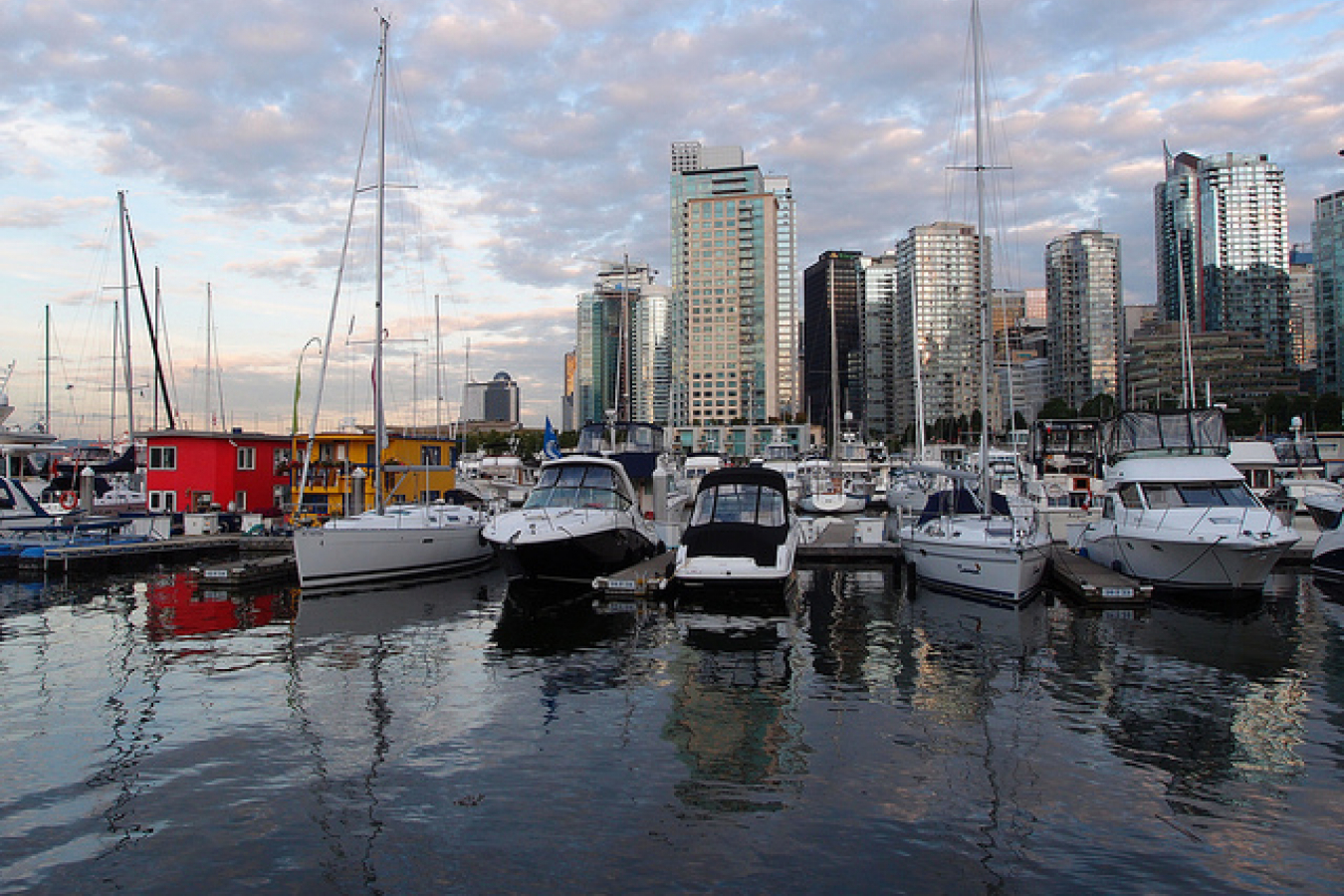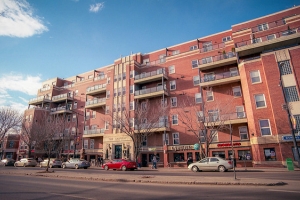Support migrant centric journalism today and donate

The 2010 Winter Olympics to be held in Canada are four years away but already concerns about labour shortages and ballooning construction costs are prompting Canada to scour other countries for skilled labour.
Organizers, politicians and construction experts say they're increasingly worried that a shortage of skilled workers will pose serious problems for the Games.
"I know contractors that have been to Europe; they've conducted job fairs in England, France, Belgium and other parts of Europe," says Manley McLachlan, vice-president of the B.C. Construction Association. "We're very conscious of a shortage right now of certainly the fully skilled workers. This is going to be an ongoing challenge, not only for Olympic projects but for projects going beyond the Olympics."
John Furlong has also expressed concerns, repeated by several economists and Hansen, about the shortage of skilled workers at a critical time.
"We don't have enough of the skilled trades necessary just to carry out the functional construction tasks," said Lindsay Meredith, an economics professor at Simon Fraser University. "When you've already got shortages showing up and you get a huge black hole like the Olympics, it's going to suck in everything in sight."
Referring to the labour shortage, she added: "I'd try to poach everything that was breathing."
The 2010 Olympics "come at a time when we are not drawing on a big pool of unemployed people," says Maurice Levi, professor of international finance at the University of British Columbia.
"If there were times you would have wished the Games on us, it would be at a time when the economy is slow."
Games organizers, said Hansen, anticipated the possible labour shortage, which is why they are beginning to build venues four years in advance and plan to have most of the projects completed by 2008.
That would avoid the problems of some previous Olympics, such as Athens in 2004, when workers were still finishing sites in the days before opening ceremonies.
The government is also trying to help alleviate the labour shortage by importing workers and increasing skills training, said Hansen. Companies have been recruiting in central and eastern Canada for skilled workers, he said.
"In addition, we have a program we use when an employer identifies a skilled worker. We can fast-track their immigration status."
B.C. is also significantly increasing the amount of workers engaged in skills training. In the past 20 months, the number of registered apprentices in the province has increased to more than 23,000 from less than 15,000, he said, with the goal to have more than 30,000 registered apprentices in place by 2007. Still, the labour shortage will continue until well after the Olympics, the B.C. Construction Association says.
"The overarching message we've seen is that by 2013, we're going to need 50 per cent more workers in the industry than we had in the year 2004 - about 60,000 people," he said.
Which could mean good news for anyone looking for a job in B.C.
David Green, a labour economist at UBC, says skilled labour shortages and rising commodity prices "will mean that wages for skilled workers and prices for the inputs to all this construction will go up around here."
Some facts and figures about the 2010 Winter Olympics in Vancouver and Whistler:
What: XXI Olympic Winter Games and X Paralympic Winter Games.
When: 17 days of Olympic Games events, Feb. 12-28, 2010; 10 days of Paralympic Games events, March 12-21, 2010.
Where: Sites in Vancouver, Richmond, West Vancouver, Whistler.





















